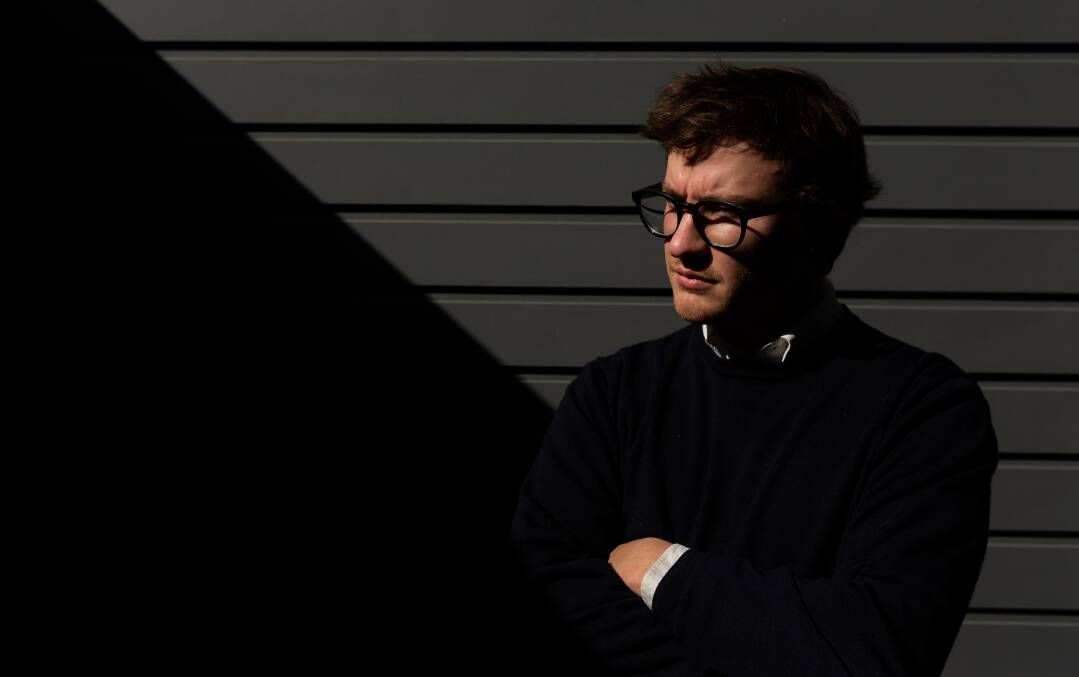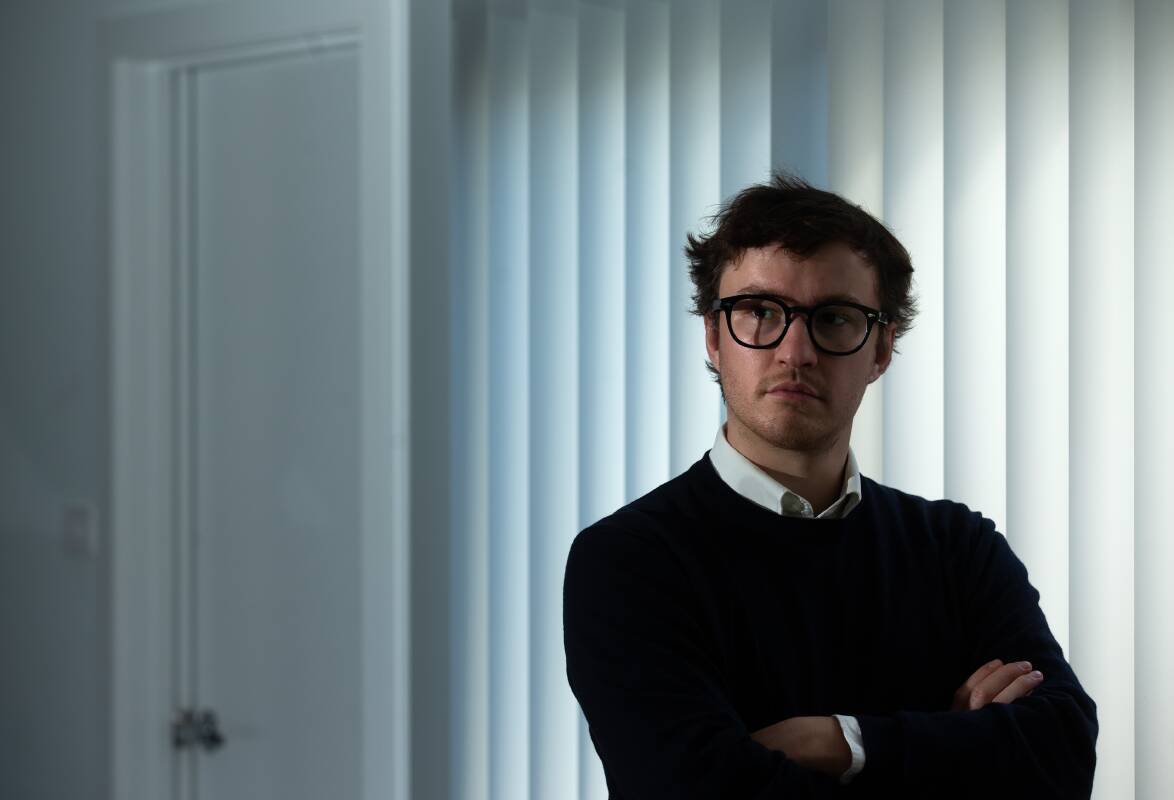Elermore Vale's Thomas Levick says the private health system needs to "prioritise patient welfare over profit".
Mr Levick, a researcher in space and astronomy, spent a month in Ramsay Clinic Lakeside at Warners Bay - a private mental health centre - last November.
"I came out worse than when I went in," he said.
Mr Levick, 29, said he could "understand how the public service is collapsing because you just had three years of COVID, huge burnout and wage caps".
"But when it's the private system, there are people benefiting from this. People pay thousands of dollars to get into the place I went."
Mr Levick said the healthcare company that owned the clinic "makes tens of millions in profit a year".
"Yet the service they provided was eroded. It was quite obvious."

Psychiatry Professor Ian Hickie, co-director of health and policy at the University of Sydney's Brain and Mind Centre, said "we are faced with major staff shortages, particularly of more skilled clinical staff, across the whole mental health sector - both public and private facilities".
"Many factors are in play, including the impacts of COVID (increased retirements, more working from home and flexible working), competition for staff from other areas (most notably the NDIS) and an ongoing lack of focus in new and innovative methods of care in hospitals and the community," Professor Hickie said.
Headspace founding director Patrick McGorry said the "private model is old fashioned".
"It needs a major rethink," said Mr McGorry, now executive director of Orygen.
Ramsay Health Care, which describes itself as the "largest operator of private hospitals in the country", owns the Warners Bay clinic.
"Ramsay Health Care protects the privacy and confidentiality of our patients and therefore cannot comment on individual patient experiences," the company said in a statement.
"However, we can assure the community that while healthcare, like many industries, is currently experiencing staffing shortages, Ramsay Clinic Lakeside is appropriately staffed to provide safe and quality care for patients."
Mr Levick spent a month at the same private clinic in 2020, during the pandemic.
"Everything was running as smoothly as it could," he said.
"I came out of there definitely better."
On his most recent stay, though, the staff had changed.
"They'd all quit, were burnt out or on long service leave."
When he arrived, he found the clinic had "a skeleton crew in not just the wards, but cleaning, kitchen and security staff".
"It's not the staff's fault, it's the system."
A recent Australian Institute of Health and Welfare report said stays in private hospitals for mental health conditions had "increased steadily" at an average annual rate of 5 per cent.

Mr Levick said an example of the clinic's alleged poor functioning included that "I was never told I was being diagnosed with two new disorders".
"I only found out upon reading my discharge letter an hour before family picked me up," he said.
"This was distressing as I had no idea how to go about dealing with these."
He had experienced "substance abuse as well", mainly alcohol and cigarette dependencies.
"I fell back into these kinds of things pretty easily because there was no transition process and no support while I was there," he said.
He said the clinic's structure was "clearly unsustainable".
"It was collapsing in real time, basically."
He cited numerous examples of the clinic's shortcomings.
This included staff appearing unskilled on the therapy they were supposed to be teaching in group sessions.
Classes were often cancelled with no communication to patients or between relevant staff.
"I brought this up to the nursing manager and she said pretty much all of it can be put down to staff burnout," he said.
Mr Levick added that he witnessed: disrespect to elderly patients, cleaning staff overworked and exploited, a lack of security, dietary preferences linked to allergies and intolerances ignored.
He dropped his health insurance as soon as he left the clinic.
"I remember thinking while I was there, 'Wow, I'm alone now. I've come for help and there is no help'."
He felt a sense of despair about mental health services in the Hunter.
"I was looking for other places, but I've only heard bad things from anyone who's been in any private or public place in the last couple of years," he said.
"If worse comes to worse and I fall back down a hole, I don't really know where to go.
"So I'm a bit worried, although now I'm feeling well adjusted and back into full-time work. I have some security and stability."
He complained to the clinic and was given a refund of the $750 admittance fee.
This was a "small consolation" as he had paid "thousands of dollars on health insurance for the year just to get on the waiting list".
It took six months for him to be admitted.
- Lifeline 13 11 14







